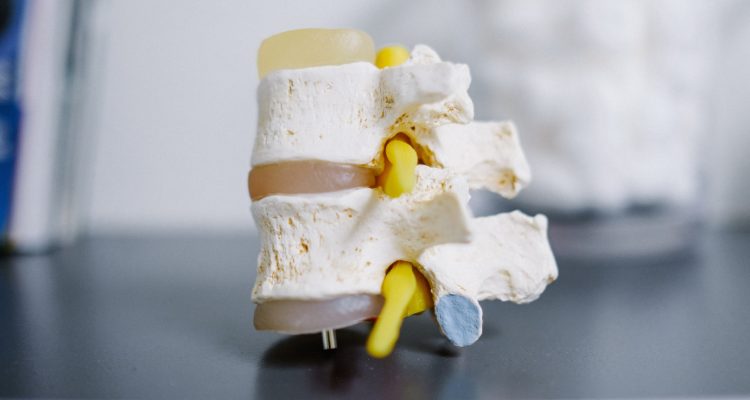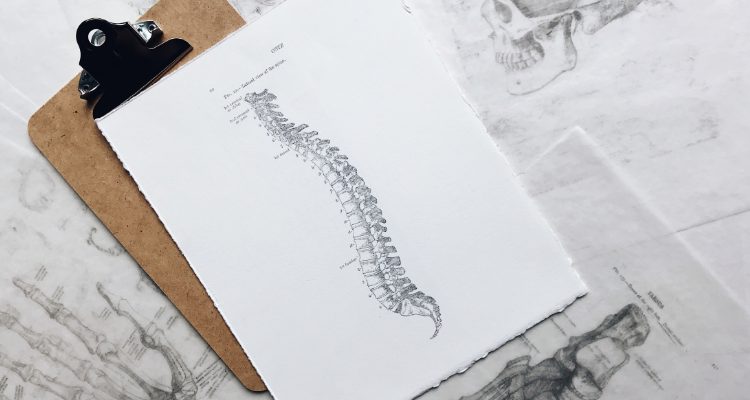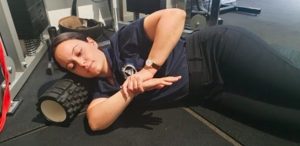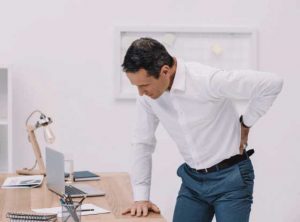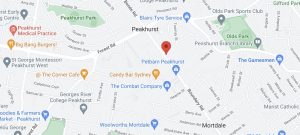Here are the facts about bulging disks. how to get diagnosed with physio, massage, x-ray, CT scan. If you’re dealing with persistent back pain, don’t delay seeking out medical help. Learn how to prevent initial damage and the ongoing pain from bulging disks in your back.
What are bulging disks?
A bulging disc is a disc that becomes swollen because the layers that make up the discs of your spine are looser or stretched.
Bulging disks are the common cause of low back pain. They are also referred to as herniated discs or ruptured disks. The condition is caused by the degeneration and/or rupture of a disc in the lower back and any one of several other structures, including the neck and pelvic joints. An elevated disc height is indicative of an underlying cause, but another important indication is muscle tension in the area.
It is what you see when you turn your back and your left side of the back is pointing to the left and your right side of the back is pointing to the right. The disks move inside your spinal cord and can press against one another and cause pain and numbness.
Herniated disks
One of the causes of bulging discs is a herniated disk. A herniated disk occurs when a piece of the back’s own bone tears away from the spine, leaving a hole in the disc. The hole allows nerve roots to move around under the herniated disc, making the spine abnormally stiff. The herniated disk causes bulging discs when the disk pushes against the spinal cord, the sacroiliac (SI) joint, and spinal nerve roots, causing compression in the spine. If a herniated disk is not fixed, its nerve roots and spinal cord can become pinched by the herniated disc.
What are the symptoms of a bulging disk?
The friction between the layers makes your nerves in your spinal cord inflame and swell, resulting in back pain.
Some people also feel neck pain, dizziness, fogginess, tingling, and a foggy, disconnected feeling in their head and upper body. The cause is most likely the inflammation and inflammation that develops because of how badly your discs have compressed and the pressure of your surrounding muscles and ligaments.
Bulging disks in the lumbar spine
Bulging disks are tough, round lumps (cells) in the lower back that compress the spinal cord and nerve roots, compressing the nerves that extend from the spinal cord through the body and into the arms and legs.
Preventing bulging disks
Here are some things that may help you prevent bulging discs:
- Sleep on your back every night. Don’t sleep on your stomach or your side.
- Find a good mattress and pillow that is supportive and comfortable.
- Don’t sit with an unsupported lumbar spine.
- Don’t slouch or hunch over, which puts pressure on the lower back.
- Stretch before getting into a car, computer chair or other similar position.
- Eat right. Cut back on dairy and alcohol. Avoid fats and caffeine. Drink plenty of water. Stay hydrated.
- Exercise. A light walk can be all it takes. Try to get at least 10 minutes of light exercise daily.
Causes of Bulging Disks
It can happen when you get old and the disks are worn out, but it also happens in young people, too. When you develop bulging disks it means your muscles are weakened. This can be because of an injury or stress.
This can be caused by a number of things such as overuse (tasks that are repeated several times per week), degenerative changes in the spine, excessive weight bearing on the back and/or hip joints, and even pregnancy.
Bulging disks are a medical condition that is not specific to any one body part. Instead, it happens when a disk in the back of your brain becomes enlarged, leading to decreased blood flow and poor brain function. It can be a sign of a number of other conditions, including Alzheimer’s disease, epilepsy, multiple sclerosis and stroke.
Bulging disks are the result of the expansion of the discs (the flexible outer part of a disc) that surrounds the nerve cells. This can cause a nerve problem called neuropathy. The cause could be due to either a physical injury, or a disease such as diabetes, high blood pressure, or an infection.
Diagnosis of bulging disks
You may be able to get a bulging disk diagnosis through diagnostic tools such as an x-ray or a CT scan.
If you have a bulging disk, it is unlikely to be an isolated incident. Over time, the disk materializes in a region of the discal trust zone just outside of the central nucleus, leaving it vulnerable to damage and degeneration. This can lead to symptoms such as pain, discolouration, or even rupture. The most common cause of bulging disks is the improper use of discs or other medical devices.
Treatment and management
The bulging disks are usually not painful and usually do not need treatment unless they are growing larger. However, they can cause pain, stiffness, and reduced mobility.
Highly qualified practitioners may be able to assist in establishing a treatment plan individualised for your unique bulging disk situation. These practitioners may include Massage Therapists, Osteopaths, and Chiropractors. They may use movement therapy, dry needling, massage, cupping, gentle manipulations, and physio.
A final recommendation may be undergo surgery, this should be treated as a last resort after other options are exhausted.

Dr. Sami Karam, Osteopath
I’ve been a qualified Osteopath since 2004. I’ve been playing football ever since I could remember and I have a passion for it. I’ve played at the highest level in the NSW State League at both Youth and Senior levels, and have also been Head Physician at numerous State League Clubs. I’ve travelled internationally and consulted with Sports academies in Barcelona and Italy. I have a special interest in Strength and Conditioning for footballers, as I believe it gives them an edge in their physical competition. My passion involves bringing all of this knowledge into every single treatment that I provide for all athletes. If you feel that I can help you and want to reach out to me, contact me.

